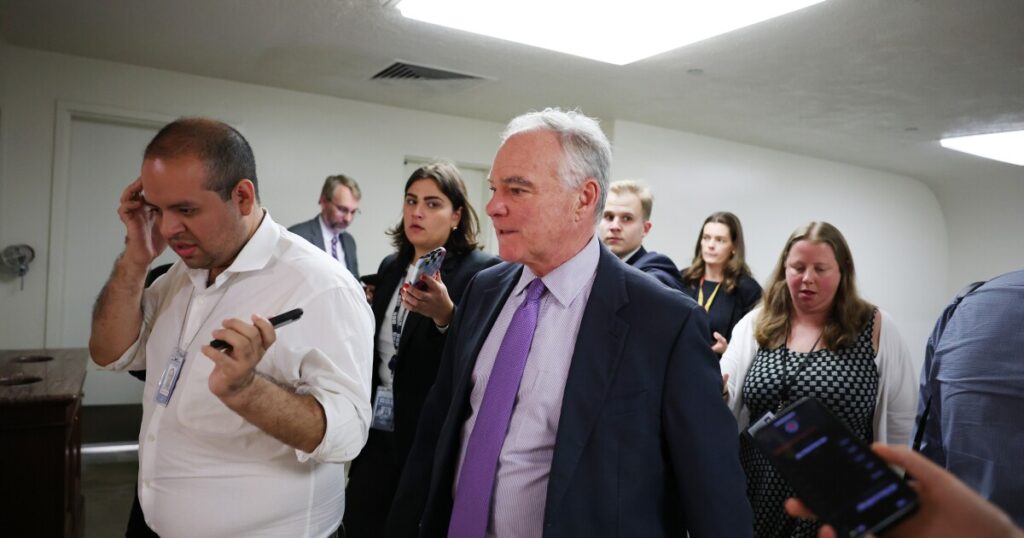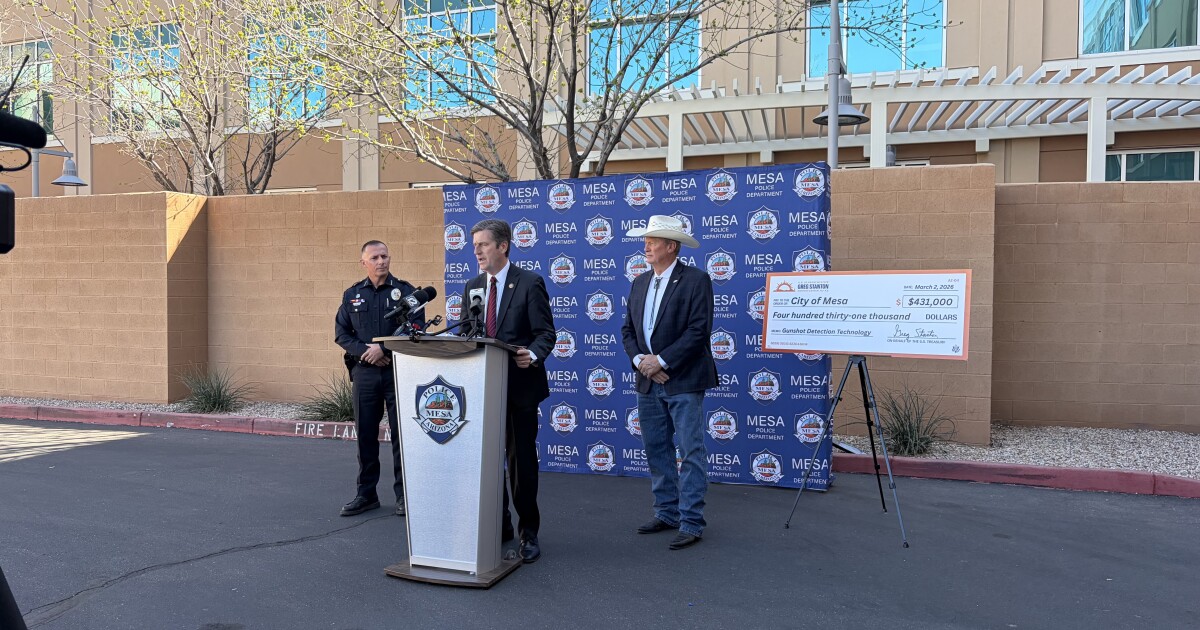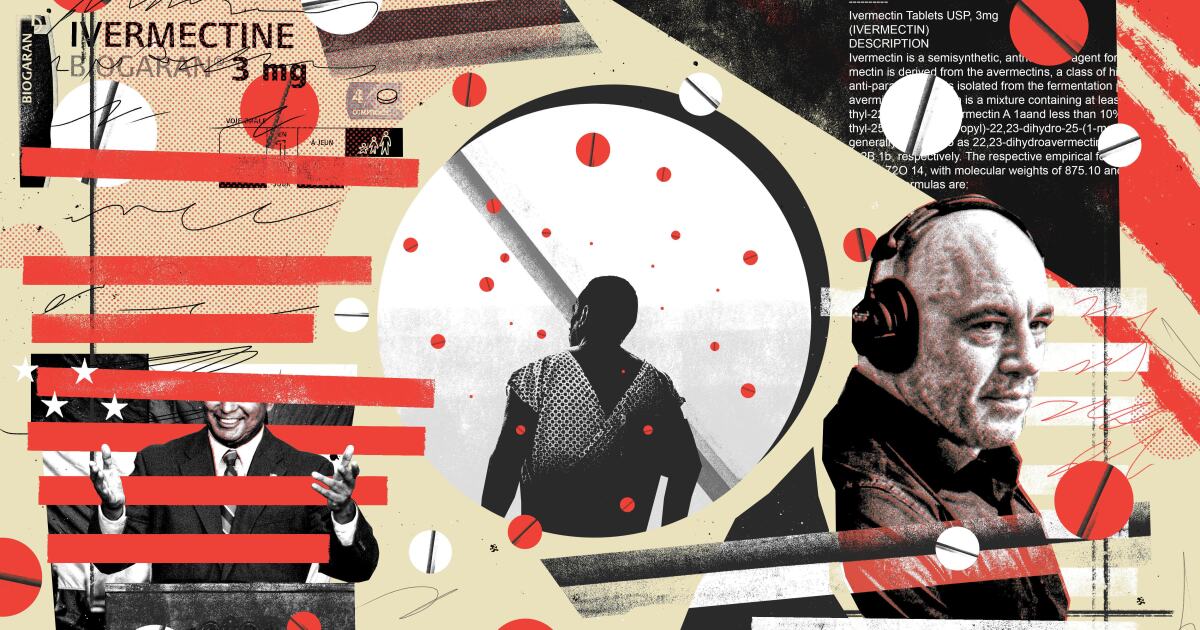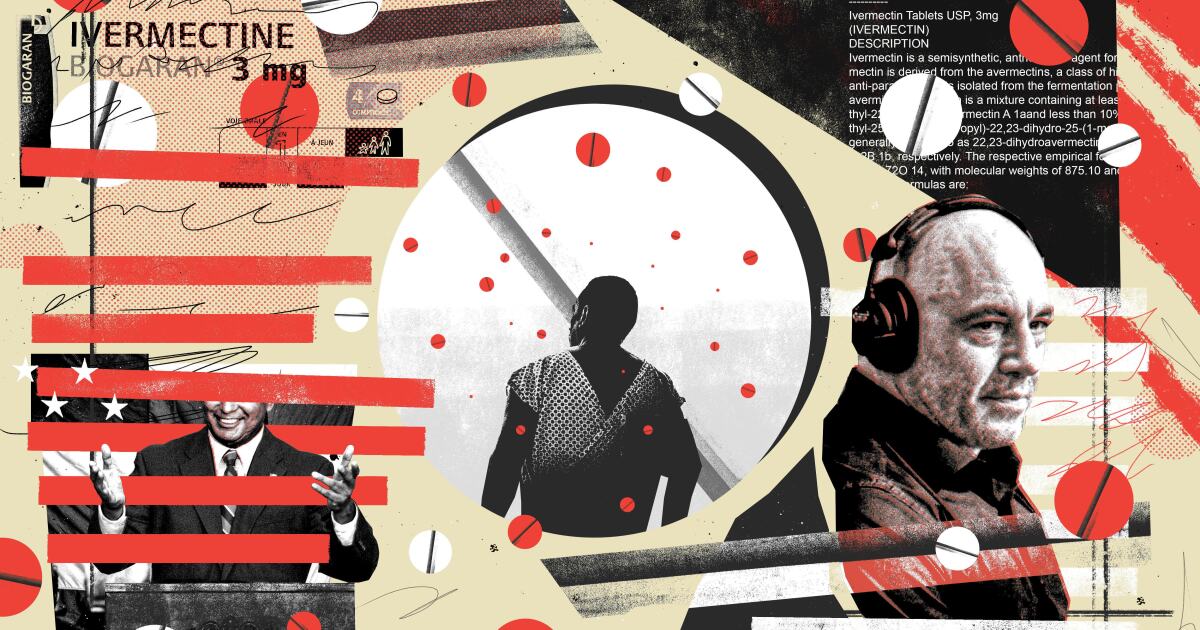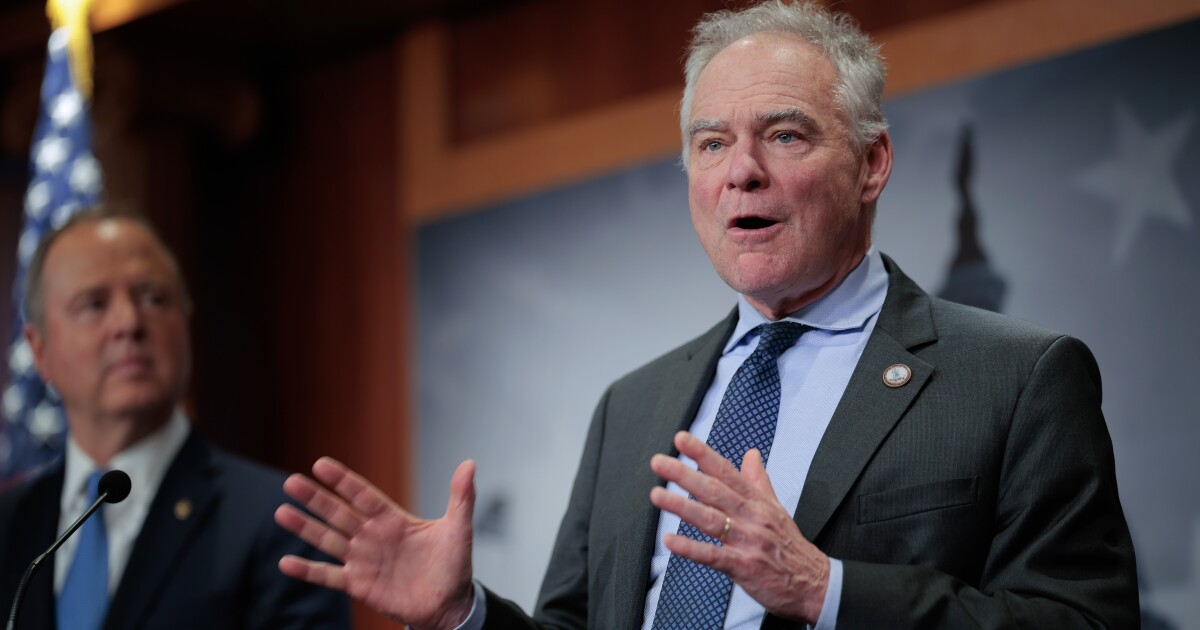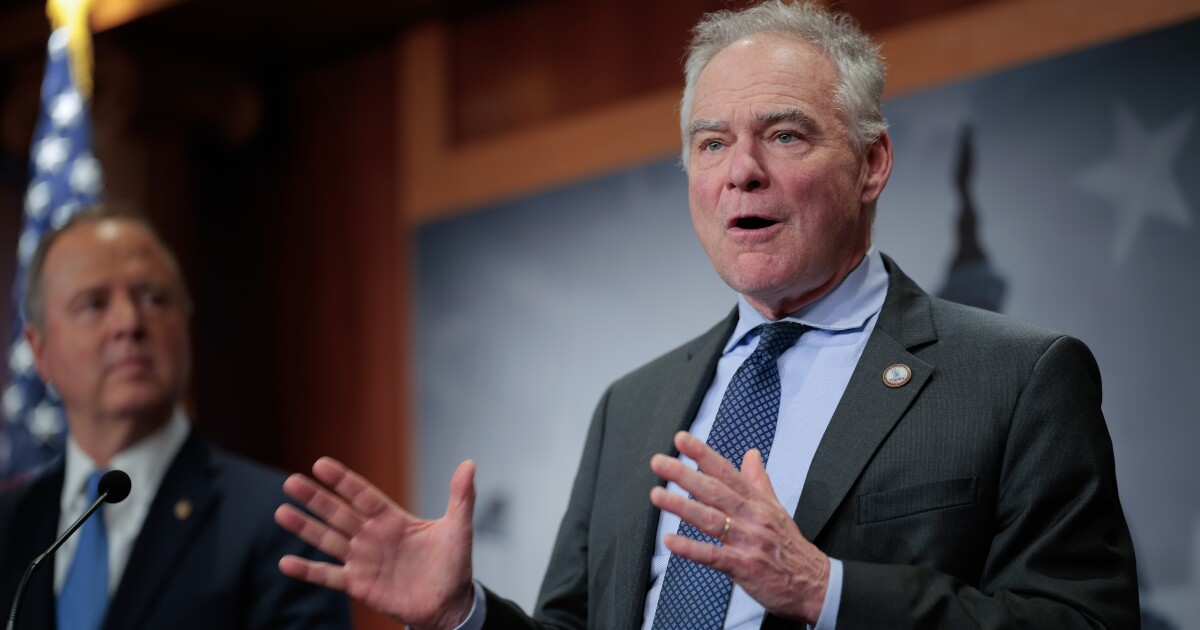Bipartisan Senate Effort Moves Forward to End Historic Government Shutdown
A bipartisan coalition of Senate members has taken significant steps towards ending what has become the longest government shutdown in U.S. history. Their efforts culminated in a pivotal vote on Sunday, which set the stage for further legislative action.
The proposed agreement, if fully enacted, would ensure government funding until January 30. It includes a comprehensive funding plan for several appropriations bills, notably securing the Supplemental Nutrition Assistance Program (SNAP) through the end of fiscal year 2026. More details about SNAP can be found here.
In a critical Sunday vote, the Senate advanced the measure with a 60 to 40 margin. The coalition included seven Democrats and one independent joining the majority of Republicans. This procedural victory means that subsequent votes in the Senate will only require a simple majority to pass the bill.
However, before the shutdown can officially end, the legislation must clear the House, enabling federal employees such as air traffic controllers to resume regular duties and ensuring the continuation of federal food benefits. For more information on the impact of the shutdown on air travel, click here.
Previously, Senate Democrats had resisted numerous short-term funding proposals, prioritizing the preservation of health care subsidies. Yet, the ongoing shutdown pressures led to some concessions in the new proposal.
The temporary funding measure also proposes reversing any employee layoffs during the shutdown and provides backpay for affected federal workers. It includes provisions to prevent further layoffs until the fiscal year ends.
Senator Tim Kaine (D-Va.) expressed his conditional support for the deal, stating, “I have long said that to earn my vote, we need to be on a path toward fixing Republicans’ health care mess and to protect the federal workforce.” The agreement promises a vote on extending Affordable Care Act premium tax credits, a key issue for Democrats.
Though not part of the official legislation, a Senate agreement includes scheduling a health care vote by mid-December on a Democrat-favored bill. This informal arrangement, however, has not swayed all Democrats.
Internal Democratic Disagreements
The compromise has not been without controversy. Senate Minority Leader Chuck Schumer and others, like Senator Elizabeth Warren (D-Mass.), have voiced opposition. Warren criticized the deal, saying, “The American people want us to stand and fight for healthcare.”
House Democrats are also divided, with House Minority Leader Hakeem Jeffries, D-N.Y., and others promising to oppose the bill. Jeffries stated, “We will not support spending legislation advanced by Senate Republicans that fails to extend the Affordable Care Act tax credits.” Representative Greg Casar of Texas labeled the agreement a “betrayal” due to its lack of provisions for reducing health care costs.
Despite the internal party disagreements, some Democrats maintain that the deal is necessary. Senator Kaine defended the compromise, emphasizing the legislative opportunity to address health care in future votes. “Lawmakers know their constituents expect them to vote for it, and if they don’t, they could very well be replaced at the ballot box by someone who will,” he reaffirmed.
For further information on the broader political context, including recent Democratic electoral successes, visit this link.
Copyright 2025 NPR
—
Read More Michigan News

